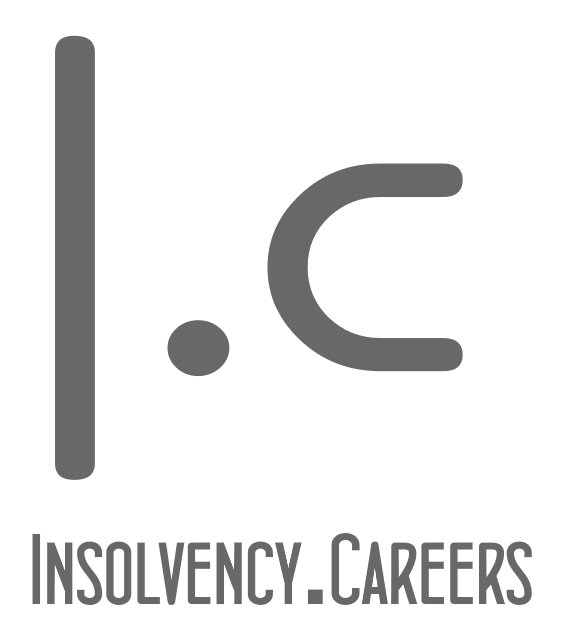Everyone and Anyone!
Insolvency people can come from all walks of life. Some, decide very early in their career and steer their way quickly into insolvency, whilst others perhaps fall into it having perhaps come into contact with it whilst in another career.
It was quite common for accountants or credit controllers to be acquired by an insolvency practice during the course of the insolvency of a company. This happens less so but you will still find many people working in the profession with that background.You don't have to have a degree (although it's fair to say that some employers still prefer graduates but less so in recent times) and if you have a degree it doesn't have to be in a particular subject. The overriding requirement is that you have the makings of an insolvency professional! More of which later.
What Skills Do I Need?
The mix of skills required does vary depending on the type of role that you take on. However, some are really a pre-condition of making a successful career in insolvency so here are a few that we think will be helpful:
- Common sense......and how to apply it!
- Good commercial awareness and an ability to spot a good commercial deal or at least have a desire to build your business skills
- Financial skills - that's more than just being able to add up
- Legal - an ability to understand and interpret the law
- Inquiring mindset - to dig out the facts
- Cynical - don't believe anyone without verification from another source
- Pragmatic - it's tied in with using common sense and finding practical solutions rather than prescribed solutions
- Challenging - if you're not prepared to challenge then insolvency isn't for you
- People skills - which you can adapt to situations and individuals
- Multi-tasking - life will be varied and demanding and learning to juggle without dropping any balls is key
- Thinking outside the box - never accept just a standard solution if some clever thinking will give a better outcome
- Leadership - whether that's guiding the client or a team of insolvency people, leadership is going to be important
- Teamwork - you'll be part of a team so make sure you are not a loner or maverick!
- Respectful - you may deal with a whole host of situations and individuals and you must earn respect by showing respect to get the best results
- Problem solving - there is rarely one size fits all so you will need to work it out for yourself
- Flexibility and adaptable - if you are set in your ways then this isn't the profession for you
- Communication - it helps if you can read detail, pick out the key points and summarise verbally and in writing
- Organisational - you must be able to organise yourself and others
- Time management - you will be put under pressure and you must effectively manage your time and set priorities
- Detail - you must pay attention to details at all times
- IT - good understanding of Word, Excel, PowerPoint and able to pick up other management software skills
Having doubts?
"Please have no doubts that insolvency only suits some people and not everyone. Sometimes insolvency as a career can appear to be a nice choice BUT you must be cut out for it, otherwise don't even contemplate it! Harsh words? Maybe but it does take a certain type of person.
If you are thick skinned, outgoing, commercial, dedicated, tenatious and can easily divorce yourself from the stresses of work then maybe insolvency is for you.
If not, then don't try to kid yourself or a prospective employer because you will be wasting everyone's time.
And if you're strengths are as an academic, again insolvency is not for you. It's a hands on practical role, no matter how good you are at cramming for exams or undertaking research! Sorry but true!"


